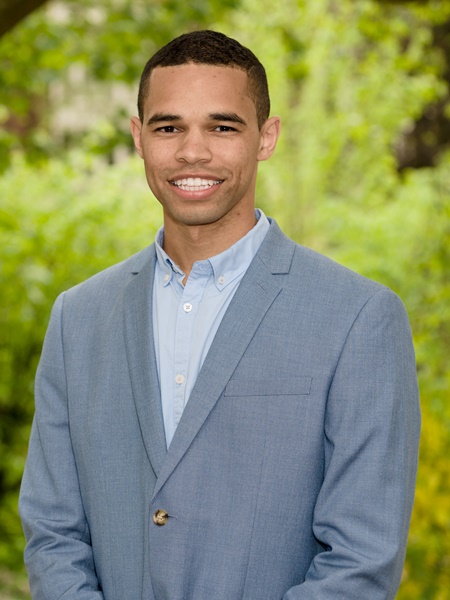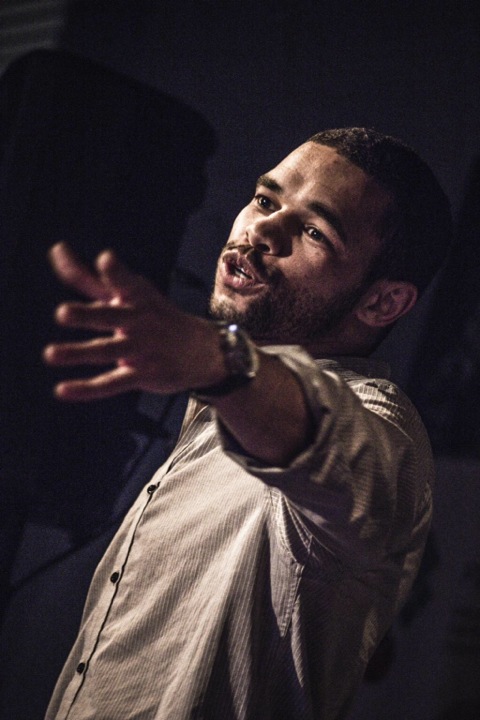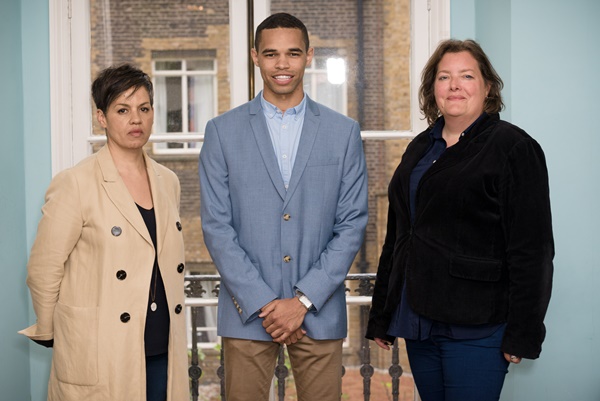This post was contributed by Andrew Youngson, media and publicity officer in Birkbeck External Relations. On Tuesday 18 May, Andrew attended the event ‘Can Journalism Change World’ run by the Birkbeck Institute for Social Research as part of Arts Week 2016.
The event also marked the launch of the new MA Investigative Reporting, which commences in the 2016-17 year this autumn. It also highlighted the Google Investigative Fellowship (applications close on Friday May 20).
 A panel of top journalists, commentators and academics came together on the second night of Birkbeck Arts Week 2016 to discuss the power and responsibility of journalism at a time of great change for the industry.
A panel of top journalists, commentators and academics came together on the second night of Birkbeck Arts Week 2016 to discuss the power and responsibility of journalism at a time of great change for the industry.
“Journalism is on the brink,” Dr Justin Schlosberg told the gathered audience of students, practitioners, scholars and members of the public. Across the course of the evening, we heard lots of evidence to back this up: Traditional revenue streams are thinning, digital technologies are morphing, socio-political structures are
adapting, audience attention spans are waning. All this and more makes for a very dynamic playing field of opportunities and challenges for people reporting the news.
The Fourth Estate was once heralded for its ability – and indeed duty – to question power structures, and to look beyond the status quo. But with such a changing landscape for today’s media industry, can – and should – journalism change the world?
The following panellists made their individual responses to the main question at hand:
Peter Barron (vp communications and public affairs, Google)

Peter Barron
Peter began by responding that he believed yes, journalism can change the world. Citing recent revelations as the Hillsborough disaster and Panama Papers leak, he said both proved how the profession is still changing the world. The flow of free information and expression, he said, is key to making the world a better place.
He went on to describe that Google aims to be a positive force where freedom of information is concerned. He referenced three current initiatives of the global tech organisation which he said aptly demonstrate this particular mission, namely: Google’s product development (such as the Accelerated Mobile Pages project); its training and research activities; and its €150m Digital News Initiative innovation fund.
Ewen MacAskill (defence and security correspondent, the Guardian)

Ewen McAskill
While he admitted journalism is facing an extremely challenging financial climate, Ewen took a broadly optimistic view, noting that the profession is much better than it has ever been in terms of the public accessibility to journalism, and also in terms of the professions two-way communication with audiences.
Dr Schlosberg then pitched Ewen the more direct question of whether he thought whistle-blowers such as Edward Snowden and Julian Assange – both of whom Ewen has reported on – have changed anything. Ewen responded that, in terms of increasing public awareness of government surveillance, yes, figures like Snowden and Assange have effected changed. Politically, however, very little has changed. On a whole, people just aren’t as worried about privacy, especially in the UK.
Owen Jones (author and columnist for the Guardian)

Owen Jones
Owen began by stating he didn’t consider himself a journalist. He is a writer; one that doesn’t particularly enjoy writing, but as a political activist he sees it as a means to an end. Change, he went on to argue, happens with collective action. And further, journalism is at its best when “punching upwards”.
A major problem that stands in the way of the UK media punching upwards, he said, is that it has increasingly become “a closed shop for the privileged”. There is no such thing as “objective journalism”, he said – only journalists and writers such as he who openly disclose their bias e.g. in the form of opinion columns; and those who try to hide it, dressing their reporting as objective news. The rise of unpaid internships in the media is compounding this picture, leading to a situation where “if you can live off the bank of mum and dad, you can afford to be exploited. So we discriminate not on the basis of talent, but on your parent’s wealth”.
The UK media industry therefore is populated by – and predominantly reflects the tastes, biases, prejudices and life experiences of – the white upper-middle class i.e. the status quo.
“The press aren’t doing the job they’re meant to be doing,” he concluded. “We need journalists who see themselves as part of a broader collective struggling to bring power to account”.
Peter Jukes (author, screenwriter, playwright and investigative blogger)

Peter Jukes
Peter, who said he identifies more as a blogger than a journalist, highlighted the importance of social media in challenging power structures. Rather than see the likes of Twitter as “an echo chamber”, he believes in “the strength of the crowd” that come together through social media.
“People out there are witnessing and giving testimony,” he said. “It’s a revelation in the way people get and share the news.”
On the flipside, one aspect of the digital era does worry him: monopolies. The power holders which worry him aren’t media moguls like Rupert Murdoch, but rather digital giants such Google and Amazon. The kind of power they have, he said, corrupts.
Professor Natalie Fenton (Professor of media and communications, Goldsmiths)

Prof Natalie Fenton
Prof Fenton said she would try to “put academic bones” on the points which had been raised during the evening. Two major archetypes of modern journalism had emerged during the discussion: the “heroic journalist” and the “delinquent jackal journalist”. Whether a practitioner veers towards one or the other depends in large part on their work conditions.
She cited “Journalists in the UK” – a report published by the Reuters Institute for the Study of Journalism – which highlights some worrying statistics on the conditions today’s journalists are increasingly working within, including that:
- 61% of journalists say public relations material has increased in their publication
- 76% say the pressure of advertising considerations has increased on their work
- 52% say pressure towards sensationalist news has increased
Increasing workloads, falling numbers of stable employment opportunities, and a lack of legal protection for journalists, are also significant factors.
“When you have a confluence of all these types of factors, you have to look critically at whether journalism can change the world. There are some real problems we are facing,” she concluded.
Dr Benjamin Worthy (lecturer in politics, Birkbeck)

Dr Benjamin Worthy
Dr Worthy rounded off the panel session with three reasons for optimism:
- There is far more information and ways of getting it today than 20 years ago
- There are more ways to distribute this information today
- There are more ways to be involved in the conversation, both formal (e.g. online petitions) and informal (e.g. social media)
And also three reasons for pessimism:
- Information on its own isn’t enough. It is merely the first step
- The attention cycle for news is short. For journalism to maintain a strong campaign for change, it needs to find a way to hold waning attention spans
- The State is very powerful, and it will stomp down attempts at disclosure of information
The panel session was followed by an open Q&A with the audience. Among the points discussed were:
- The issue of public apathy and waning attention cycle
- The question is we are destined to see investigative journalism moving into the philanthropic arm of the industry, rather than remaining as a sustainable profession in its own right.
Find out more





